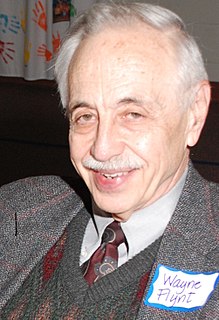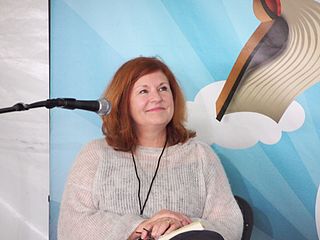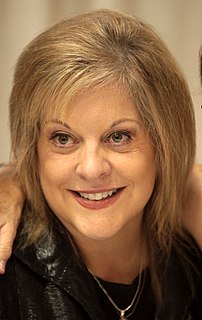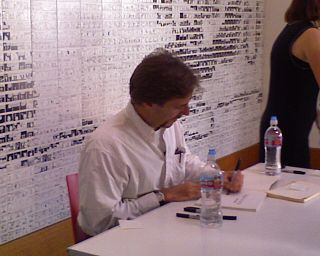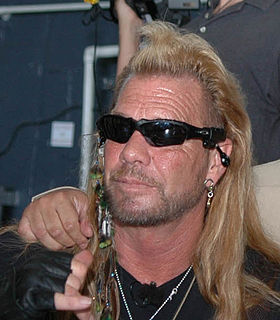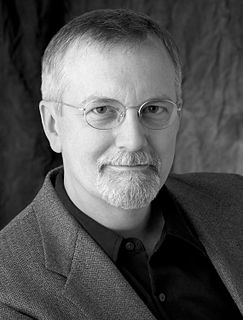A Quote by Mara Wilson
I remember reading To Kill A Mockingbird when I was 12. What I liked about it is that it was all seen through a child's eyes. It was Harper Lee going back and writing it from the way a child would see those things.
Related Quotes
As a matter of fact, I constantly tell audiences all over the world that the single greatest icon of American culture from the publication of "To Kill A Mockingbird" was that novel so that if we say, what conversation can we have that would lead us on a road of tolerance, and teachers have decided that if you're going to teach values in a school in America, the answer that American teachers at all kinds of schools have come up with, just let Harper Lee teach "To Kill A Mockingbird." And then all the teacher has to do is stand back and guide the discussion.
I don't think I'll ever lose the feeling that I had when I read 'To Kill a Mockingbird' - Harper Lee was going back into her childhood. I grew up in a real small town - Lee's was in the South, mine the Northwest - but small towns have a lot in common. There was such a revelation in knowing that a story could be told like that.
I first read Harper Lee's 'To Kill a Mockingbird' as a teen in school, like you did. I read the book alone, eating lunch at my locker, neatly scored oranges my mother divided into five lines with a circle at the top, so my fingers could dig more easily into the orange skin. To this day, the smell of oranges reminds me of 'Mockingbird.'
Harper Lee and Truman Capote became friends as next-door neighbors in the late 1920s, when they were about kindergarten age. From the start, they recognized in each other "an apartness," as Capote later expressed it; and both loved reading. When Lee's father gave them an old Underwood typewriter, they began writing original stories together.
While I was writing the book, one of my children was diagnosed with dyslexia. Dyslexia is a very tiny word for a wide-ranging neurological condition that affects different people in different ways. But I was reading an awful lot about it, to try and find ways of helping my child. I think a lot of fiction comes from this desire to confront unanswerable questions, and it's heartbreaking to see your child, a bright child, struggling so much with something that others are finding so easy. It's such an assault to the child's self-esteem and, as a mother, it's hard to watch.

